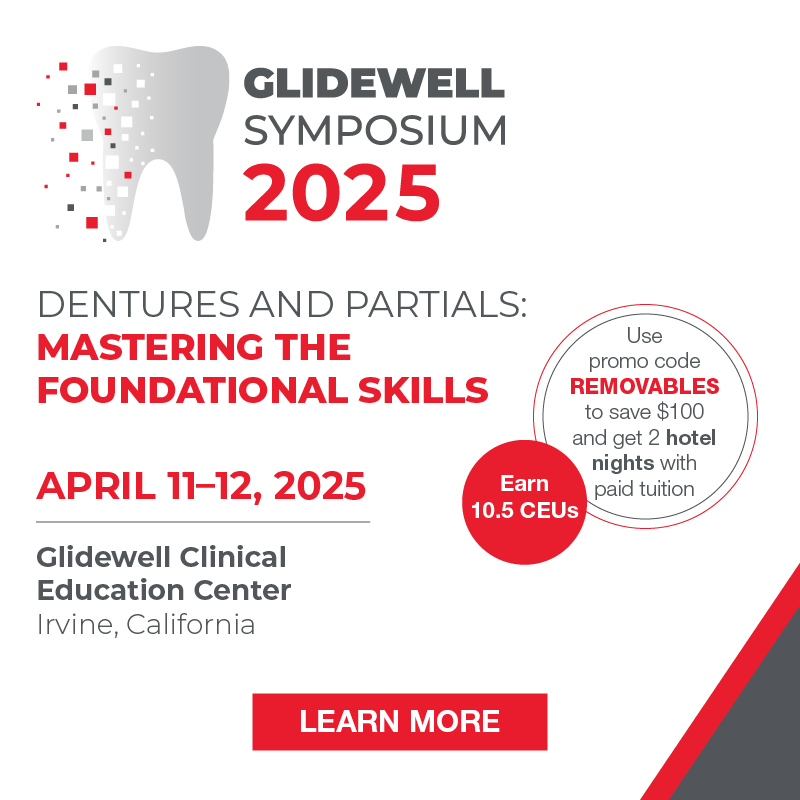Flossing your teeth at least once a day may be linked to a lower risk of stroke, as reported in a study presented at the recent American Stroke Association’s International Stroke Conference. According to the American Academy of Periodontology (AAP)—a 7,000-member organization focused on representing periodontists and enhancing periodontal health—this research underscores the importance of maintaining periodontal health as part of an overall healthy lifestyle. Periodontists are dental specialists with three additional years of training after dental school, focused on the diagnosis, treatment, and prevention of periodontal (gum) disease.

These findings were part of the Atherosclerosis Risk in Communities (ARIC) study, one of the first large-scale investigations in the U.S. to study heart health. More than 6,000 people were surveyed via questionnaire regarding their home use of dental floss over a 25-year period. In addition, participants were asked about blood pressure, diabetes, high cholesterol, smoking, body mass index, education, brushing habits, and dental visits.
The study found that flossing was associated with a 22% lower risk of ischemic stroke, a 44% lower risk of cardioembolic stroke (blood clots traveling from the heart), and a 12% lower risk of AFib. The associated lower risk was independent of regular brushing, routine dental visits, or other oral hygiene behaviors.
Dr. Mia L. Geisinger, AAP President and Professor and Acting Chair in the Department of Periodontology at the University of Alabama at Birmingham, says these findings align with the large body of research connecting periodontal health to systemic health.
According to Dr. Geisinger, “The buildup of bacterial biofilm at and below the gum tissues around teeth and dental implants can result in inflammation of oral soft and hard tissues. If left untreated, this inflammation can lead to periodontal disease. Regular disruption of bacterial biofilm through toothbrushing and cleaning between teeth is critical to reducing inflammation.”
In patients with periodontal disease, inflammatory markers are elevated throughout the body, which can impact overall health. Numerous studies link gum disease to other health conditions, including diabetes, heart disease, and Alzheimer’s disease.
“In the case of heart disease, both an increased systemic inflammatory burden and oral bacteria associated with periodontal disease entering the bloodstream and damaging blood vessels could impact cardiovascular outcomes,” explains Dr. Geisinger. “This ‘one-two punch’ of increased inflammation and bacterially induced damage to blood vessels and their role in heart disease and stroke makes establishing and maintaining oral health critical to overall health. Flossing is a simple, low-cost way to take care of your smile, and it may help your heart in addition to your gums.”
For more information, visit perio.org.
About the American Academy of Periodontology
The American Academy of Periodontology (AAP) represents nearly 7,000 periodontists—specialists in the prevention, diagnosis, and treatment of inflammatory diseases affecting the gums and supporting structures of the teeth, as well as the placement of dental implants. Periodontics is one of 12 dental specialties recognized by the American Dental Association.
About AAP President Dr. Mia L. Geisinger
Dr. Geisinger is a Professor, Director of Advanced Education in Periodontology, and Acting Chair in the Department of Periodontology at the University of Alabama at Birmingham (UAB) School of Dentistry. She is a Diplomate of the American Board of Periodontology and has served as President of the American Academy of Periodontology Foundation, Chair of the American Dental Association’s Council on Scientific Affairs, and a member of the Board of Directors of the American Dental Association Science and Research Institute.
She has authored more than 75 peer-reviewed publications and is committed to the UAB Periodontology mission of optimizing the overall health of patients and communities through superior periodontal care, education, scholarship, and outreach.



